Are my skin issues to do with my period?
a year ago
Cycle syncinga year ago
Cycle syncing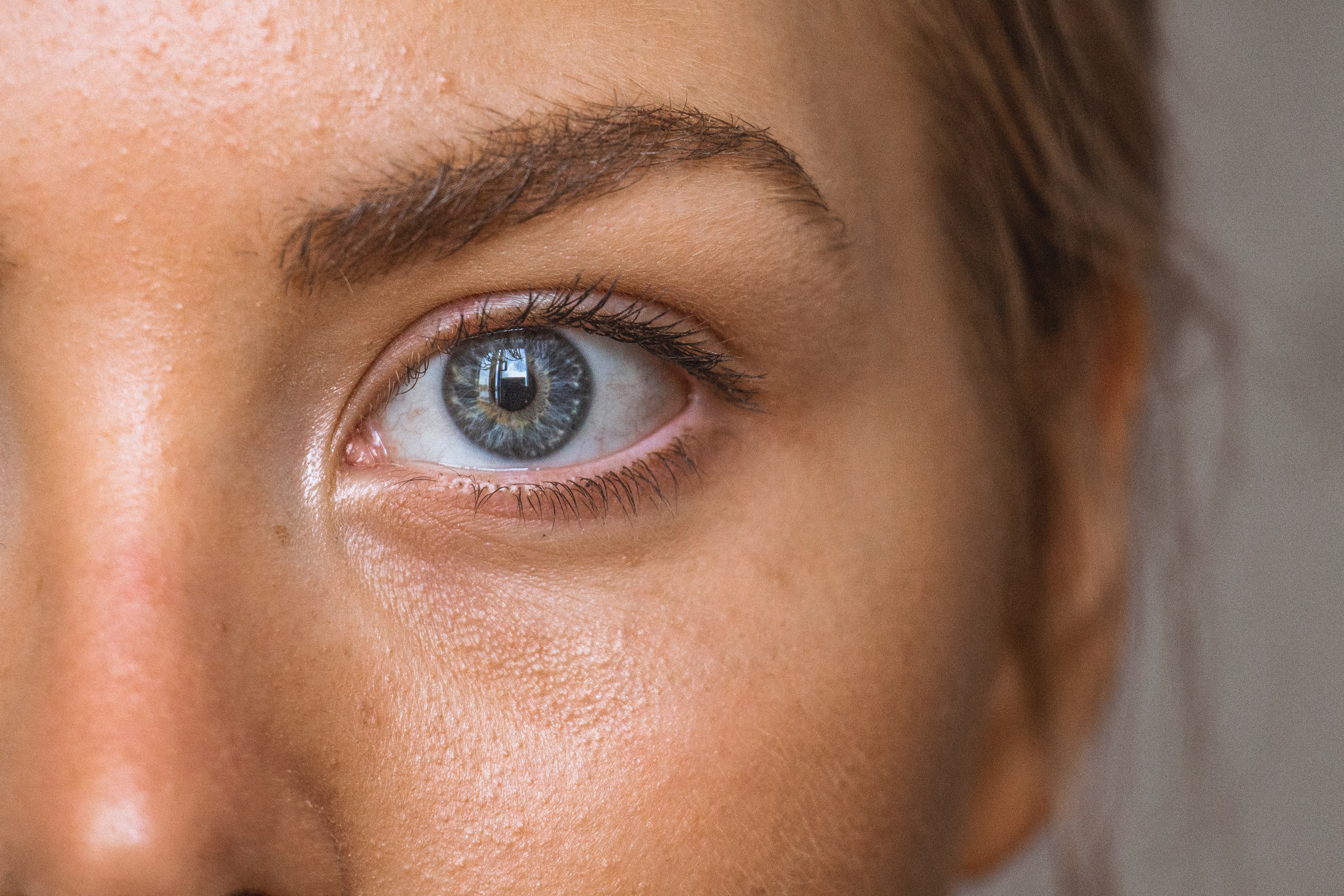
Have you noticed that your skin goes through its own cycle? Wondering if your hormones are to blame? Then here’s what’s happening hormonally, plus what you can do to beat problem skin issues…
Do you feel like your skin goes through different phases of being more dry or oily at different points in your menstrual cycle? Then you’re not imagining it. “Your skin is affected by changes in hormone levels across your menstrual cycle and period , so it can veer from being oily to dryer and even more sensitive,” explains Jennis physiologist, Dr Emma Ross. Here, she explains what’s going on across the 4 phases of your cycle for your and what you can do about it.
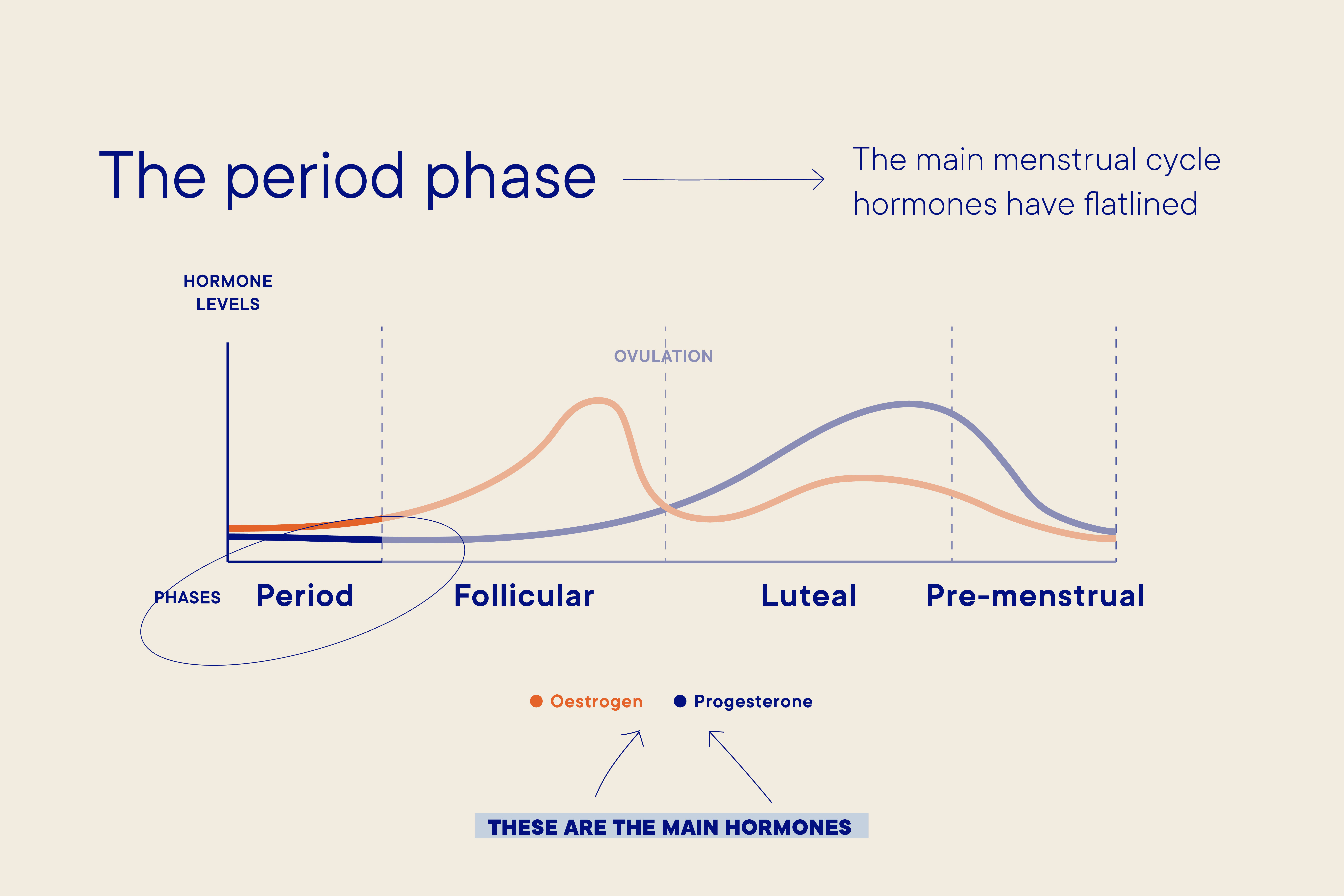
Right now, you’ll have super-low levels of the hormone oestrogen. And this doesn’t just affect your mood – it can cause all sorts of knock-on effects on your skin.
Dry skin is more common around the time of your period and a dip in oestrogen is believed to be the cause. “Oestrogen is needed to encourage the production of two naturally occurring skin molecules – collagen, which is essential for the skin support and structure, and hyaluronic acid, which traps water in the skin ,” says Dr Emma.
“Low levels can lead to dry, dull skin, while fine lines and wrinkles can also become more visible.”
For some women, PMS spots that appeared in the run-up to your period can carry on during the first days of your cycle, all helped along by a low level of oestrogen, which triggers excess sebum production (an oily substance that protects and lubricates your skin).
By about day nine of your cycle, your skin should have a natural glow
A recent study found that 42% of women reported their skin became more sensitive just before or during their period, with the researchers finding that women who were prone to PMS symptoms were most likely to be affected. For women going through perimenopause, the study found that those getting more perimenopause symptoms , for example hot flushes, were also more likely to have sensitive skin before and during their periods. “Low oestrogen levels can mean you have a thinner, less effective skin barrier, for example through less efficient collagen production,” says Dr Emma. “And this could lead to your skin reacting to irritants, like shaving or new skincare products.”
Try fish oil supplements to support dry skin. In a study , fish oil was found to increase skin hydration by 30% in rats after 60 days of treatment, and a review found that omega 3 fatty acids taken orally could improve eczema symptoms, including inflammation and scaling.
Exercise can help by unclogging pores. Read more about exercising during your period .
Stick to cool or tepid water when washing your face, rather than hot water which can strip away natural oils and aggravate sensitivity.
During your period, use gentle, fragrance-free products and avoid scrubs and exfoliants.

This is the best time for your skin because your oestrogen and progesterone levels are slowly rising. “By about day nine of your cycle, your skin should have a natural glow as it’s more hydrated, elastic and supple due to efficient collagen and hyaluronic acid production,” explains Dr Emma.
“But there’s a catch – some women can experience a breakout of spots around the time of ovulation due to the very small spike in testosterone, which encourages sebum production.”
Stick with a good skincare routine. If you've been wanting to try out new products then this is the time to do it as your skin is less sensitive.
When oestrogen and progesterone levels are low, testosterone becomes the more dominant hormone and can trigger sebum production

Oestrogen levels plummet in the Luteal Phase, while progesterone levels rise. “This extra progesterone and change in ratio between the two hormones can cause higher sebum production if you’re prone to oily skin,” says Dr Emma.
Cleanse carefully in the Luteal Phase to avoid clogged pores, and apply a light moisturiser.
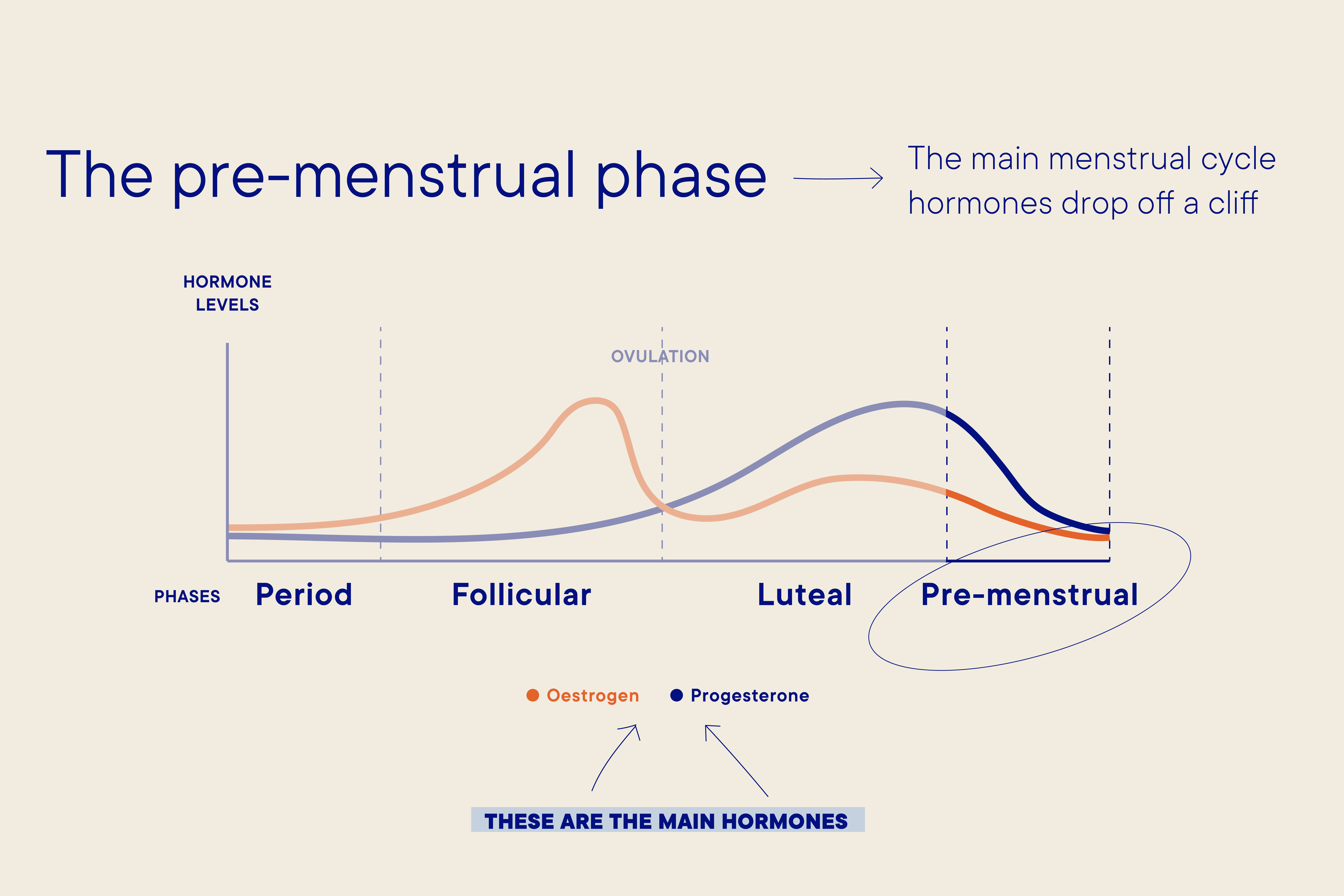
This is when your oestrogen and progesterone levels are falling fast, causing your skin’s sebaceous glands to produce excess sebum. “Testosterone is also to blame,” says Dr Emma. “Apart from a small elevation around ovulation, testosterone stays at largely the same level throughout your menstrual cycle. But when oestrogen and progesterone levels are low, testosterone becomes the more dominant hormone and can trigger sebum production.”
All this extra oil can clog your pores and provide food for acne bacterium, leading to outbreaks of spots or acne, especially on the lower face and jawline. One study reported that 63% of acne-prone adult women got more spots in the week leading up to their period. For adult women prone to getting acne around their period, 56% reported a flare-up in the Pre-Menstrual Phase .
Clean your skin carefully - even though pre-menstrual acne is nothing to do with poor hygiene, it’s still a good idea to be extra-careful about cleaning your skin so you thoroughly banish dirt and sebum and avoid giving yourself any extra problems with clogged pores
Try tea tree oil for spots – it has anti-bacterial and anti-inflammatory properties, and was found to reduce the number of spots in mild to moderate acne, according to a study
Chat to your GP or dermatologist if you’re regularly experiencing skin problems before your period – they can help you balance out your hormones and manage your skin
 Cycle syncing
Cycle syncing Perimenopause
Perimenopause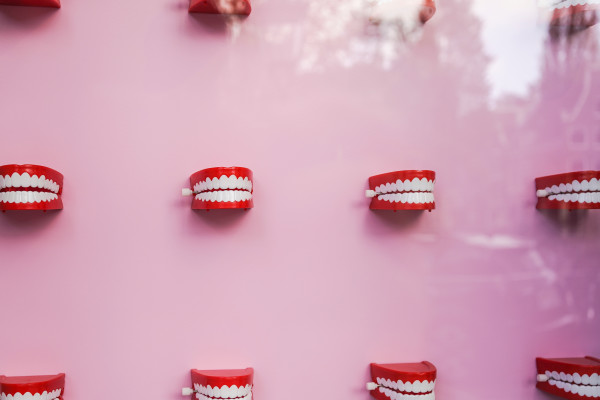 Perimenopause
Perimenopause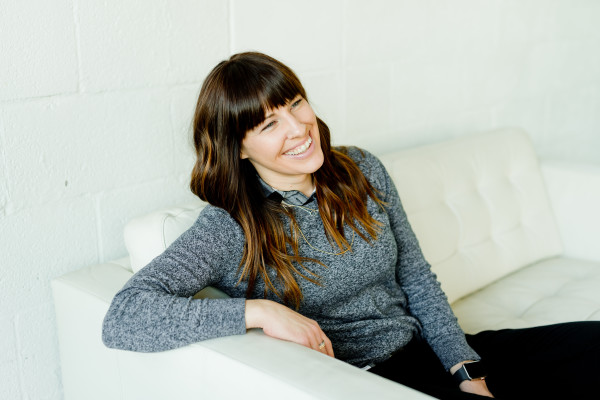 Perimenopause
PerimenopauseSign up to learn everything you need to know about CycleMapping, plus how you can live better and feel better through optimising your fitness to you.
This website uses cookies to ensure you get the best experience on our website. Learn more

Sign up for the very latest news on women's fitness, health and hormones, plus be the first to receive exclusive offers and extras